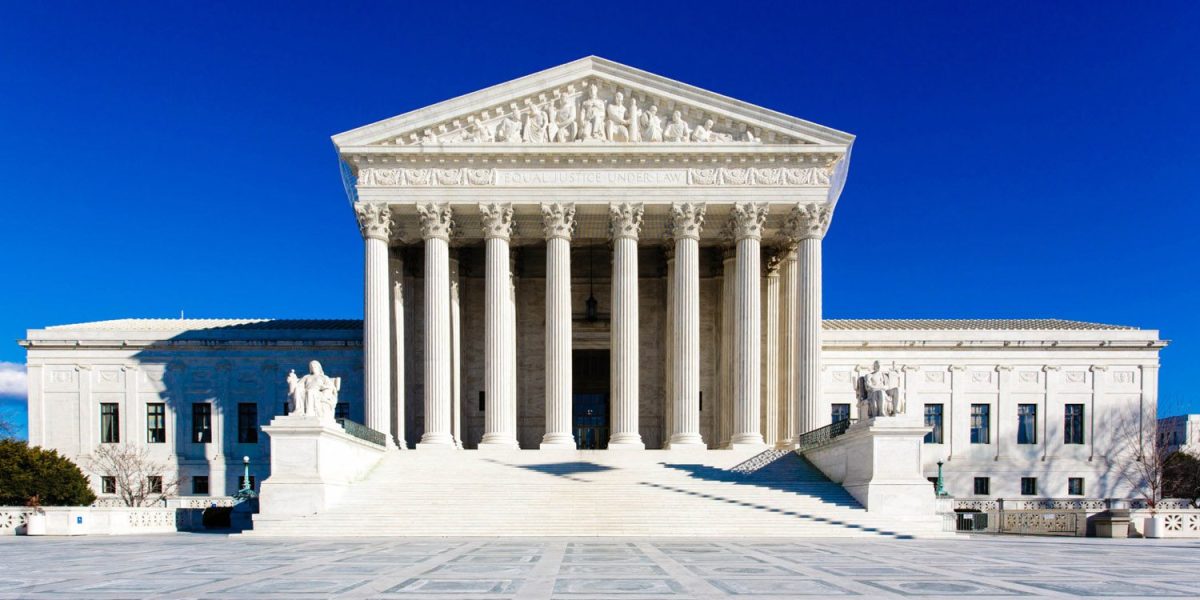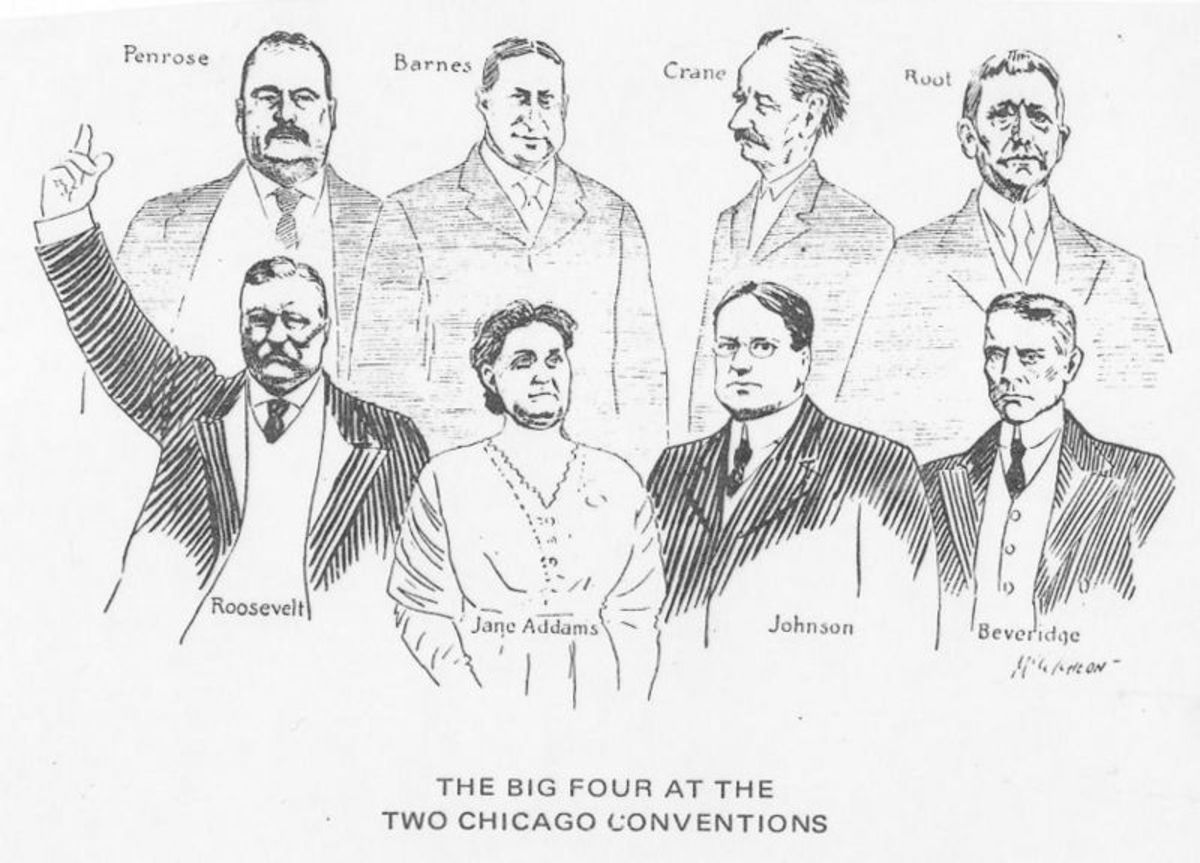The Real Issue About Money in Politics - Freedom
Campaign Finance
We hear a lot today about how corporations are buying elections and how money is not speech. The 2010 Supreme Court ruling in Citizens United v. FEC and president Obama’s dressing down of the Supreme Court during the 2010 State of the Union, stirred up a lot of controversy. It turns out that concerns of special interests controlling the government are nothing new; this was a major issue in America at the time of its founding and has continued to be an issue right up to the present time.

McCain-Feingold
The Bipartisan Campaign Reform Act, also known as the McCain-Feingold bill was signed by President Bush on March 27, 2002. McCain-Feingold’s purpose was to remove the influence of big money and special interests from the political process. It banned soft money contributions to political parties, places restrictions on advertising by labor unions, for profit corporations and numerous not for profit corporations
Burning books in NAZI Germany!

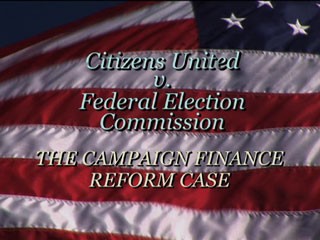
Citizens United v. FEC
The Citizens United v. FEC case was prompted by the question of whether the documentary, “Hillary: The Movie”, could be publicly viewed within 30 days of the 2008 Democratic primaries. This documentary presents a critical view of the former presidential candidate then Senator Hillary Clinton.
Initially the Citizens United v. FEC case was not expected to make any real impact on campaign finance reform laws. In the process of questioning the deputy solicitor general, some members of Supreme Court inadvertently discovered a serious breach of the First Amendment, which involved a provision under McCain-Feingold for banning books among other infringements of free speech. The court opined that the case be reargued while the court considered overturning two prior rulings that deputy solicitor general had used to support his case.
The majority opinion held that parts of McCain-Feingold officially known as The Bipartisan Campaign Reform Act, violated free speech rights by prohibiting corporations and unions from spending to get out a political message. They contended that parts of McCain-Feingold had a “chilling” effect on freedom of speech and that the First Amendment protects free speech regardless of who speaks, whether an individual or a group of individuals making up a corporation. Justice Kennedy contended that you can’t distinguish a corporation from the media since the media is also a corporation therefore McCain- Feingold could logically restrict all media including the press.
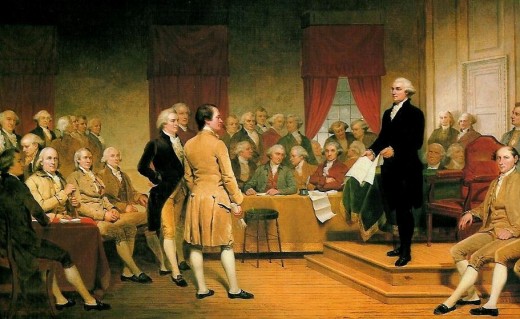
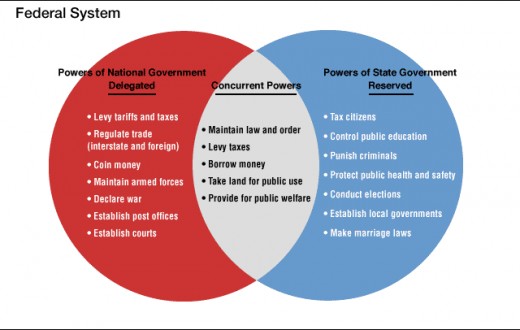
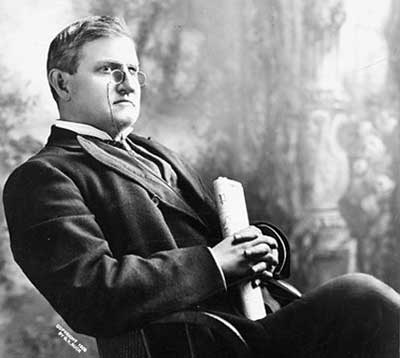
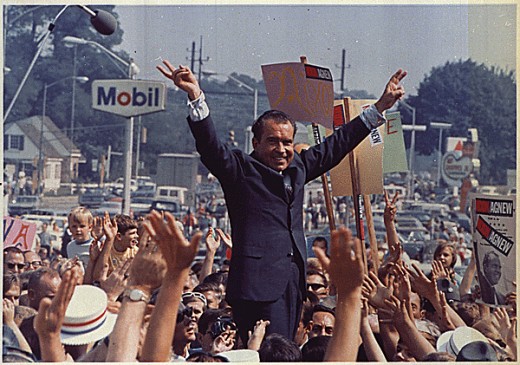
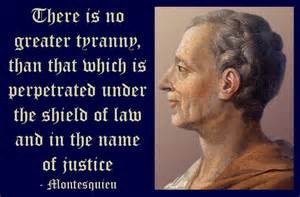
The History of Special Interest and Politics in America
A major concern at the 1787 Constitutional convention was to have the Constitution prevent private interests from gaining control of the government. The general consensus was that since government was just a reflection of human nature, there was no way to prevent factions or special interests from emerging when the government was created. Instead, the founders sought to minimize the influence of special interests by dividing federal government power into three branches, adopting a system of federalism and enumerating the powers of government. By dividing the powers in so many ways in such a large country, the founders felt that they could minimize the risk of any one faction from seizing control by virtue of the fact that there were so many competing interests created. The freedom of speech in the First Amendment itself would provide an accountably and a check to government overstepping by allowing political decisions to be opened to public scrutiny. Madison himself opined that liberty would be threatened in a free republic if the government attempted to control special interests.
As far back as the election of 1832, money in the equivalent of a million dollars was being spent by the first Bank of America to defeat Andrew Jackson. With the rise of industry and corporations came increasing amounts of spending on political campaigns, right up the end of the 19th century.
With the progressive movement, came the rejection of limited government, the enumerated powers, federalism and the Constitution. The progressives, the political ancestors of today’s liberals, felt that government was too messy and needed to be more dignified. They also felt that the Constitution was outdated and not sufficient to meet the demands of modern society. It was in this context that campaign finance laws came into being.
Right from the onset, campaign finance laws were used as a weapon to silence or discredit political opponents. For instance, in the 1890’s republican progressives began to advocate campaign finance restrictions as a political attack on Democrats for receiving large financial support from the “Sugar Trusts”. South Carolina Democratic Senator Pitchfork Ben Tillman loathed the Republicans because of their opposition to his favored segregation policies. Tillman was enraged when Booker T Washington was invited to the White House early in the presidency of Teddy Roosevelt. Tillman was quoted as saying “Roosevelt should never have given that nigger equal status by inviting him to the White House”. So Tillman appears to have wanted to embarrass Roosevelt about his wealthy corporate sponsors, by proposing campaign finance laws. the Tillman Act of 1907 was the first federal campaign finance law.
After the Tillman Act, several efforts at campaign finance reform were passed but did little to limit the overall money in politics; there only effect was change the means of participation of individuals and groups. In 1972 The Federal Election Campaign Act created a new agency and sweeping regulations for the sole purpose of enforcing a wide array of new regulations regarding campaign financing. McCain- Feingold attempted to close the soft money loophole for any unregulated political party contributions that existed after FECA.
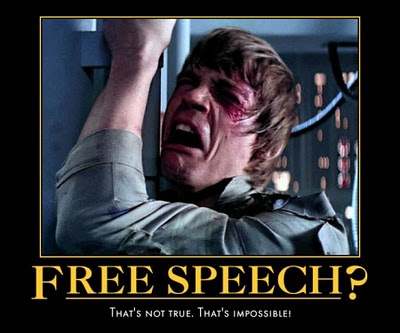
Conclusion
Contrary to the stated goals of campaign finance, the real impact has been to protect political incumbents by making it more difficult for challenger’s to raise money and get their message out. Since FECA was established, incumbents have nearly tripled their fund raising advantage over challengers; this is why opponents of campaign finance reform rightly refer to these new laws as incumbent protection laws. The real purpose of campaign finance laws is to protect the political class and shield them from criticism. It’s no accident campaign finance laws have worked to the benefit of those who passed them. The true effect of these laws has been to strengthen special interests.
References:
http://www.nationalaffairs.com/publications/detail/the-myth-of-campaign-finance-reform


